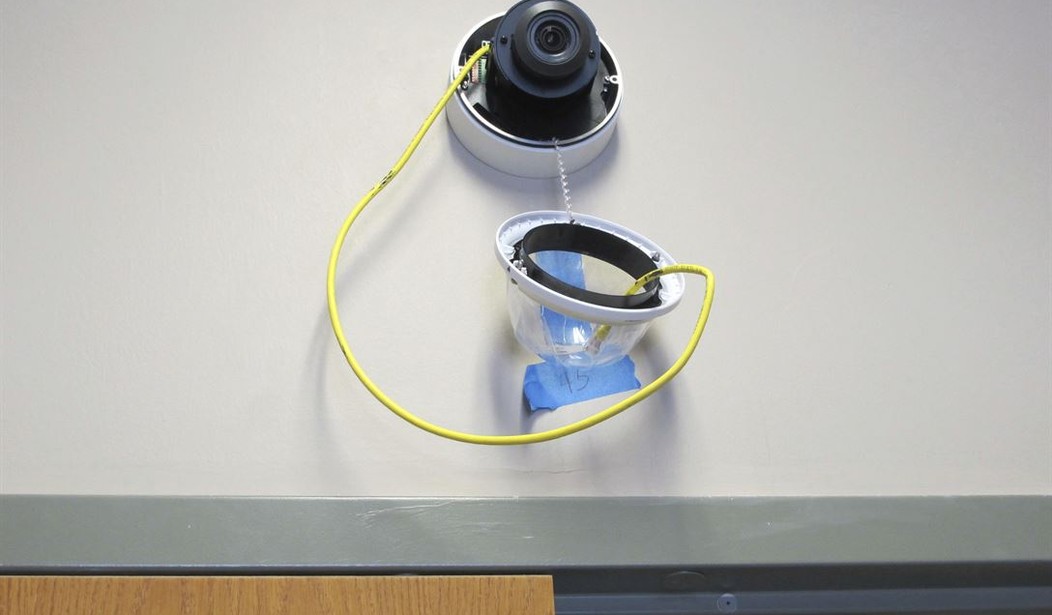At a time when technology increasingly intersects with law enforcement practices, the story of Harvey Eugene Murphy provides a cautionary tale about the potential pitfalls of using various technologies that can lead to injustice.
Murphy has filed a lawsuit against Sunglass Hut’s parent company after a store’s facial recognition program falsely identified him as a robber. As a result, he was arrested and jailed, which led to him being sexually assaulted.
A 61-year-old grandfather is suing Sunglass Hut's parent company after the store's facial recognition technology mistakenly identified him as a robber. Harvey Eugene Murphy Jr. was subsequently held in jail, where he says he was sexually assaulted, according to the lawsuit.
The January 2022 robbery took place at a Sunglass Hut store in Houston, Texas, when two gun-wielding robbers stole thousands of dollars in cash and merchandise.
Houston police identified Murphy as a suspect – even though he was living in California at the time.
When Murphy returned to Texas to renew his driver's license, he was arrested. He was held in jail, where he says he was sexually assaulted by three men in a bathroom. He says he suffered lifelong injuries.
The Harris County District Attorney's office in Texas determined Murphy was not involved in the robbery – but the damage was already done while he was in jail, his lawyers said in a news release.
Facial recognition is often used to match faces in surveillance footage – such as video of a store robbery – with images in a database. The system often uses booking photos, but the software can also search driver's license photos, meaning if you have a license, your picture might have been searched even if you've never committed a crime.
The notion that facial recognition could be used to search your license photos is scary enough. But what happened to Murphy shows just how much of a nightmare can result from the use of this technology.
In Murphy’s case, the software mishap was exacerbated by the use of low-quality cameras in the store, which increased the chances that one might be misidentified.
Though native to Texas, Harvey Eugene Murphy Jr. was living in California at the time of a January 2022 armed robbery at a Sunglass Hut store on West Gray in Houston. Two robbers pointed a gun at a store manager and got away with thousands of dollars in cash and sunglasses.
While Houston police were investigating the crime, the head of loss prevention for EssilorLuxottica said the company, working with its retail partner Macy’s, positively identified Mr. Murphy as the robber through use of facial recognition software. When he returned to Texas and renewed his driver’s license, he was arrested and jailed.
The Harris County District Attorney’s office later agreed Mr. Murphy was not involved in the holdup. But before he could be released, Mr. Murphy was sexually assaulted by three men in a jail bathroom, leaving him with lifelong injuries.
The plaintiff is seeking $10 million in damages.
Murphy’s situation is not an isolated incident. There are other cases in which facial recognition programs have created negative outcomes through misidentification. The Federal Trade Commission prohibited Rite Aid from using the technology for five years in December following claims that it was more likely to generate false positives.
Murphy’s case underscores the need for caution when implementing technology in a way that could wrongfully identify someone as a criminal. In an increasingly digitized world, it will be even more important to make sure law enforcement is going after the right suspects.













Join the conversation as a VIP Member